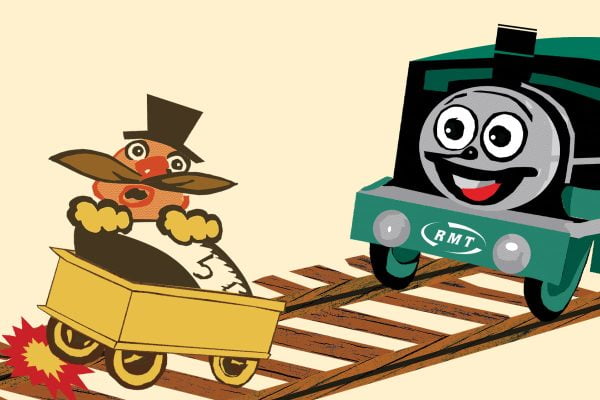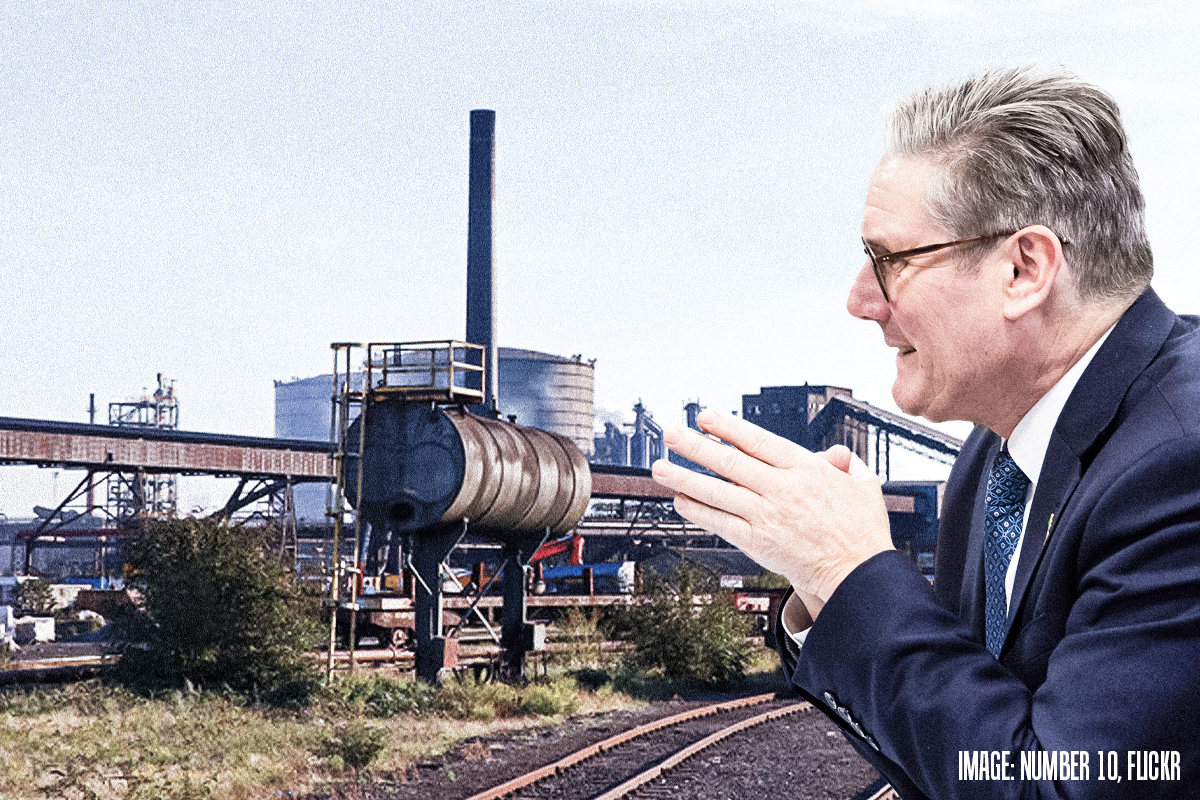Public consultation over train operators’ plans to axe almost all ticket offices across England’s railway stations has closed, with a massive 680,000 responses.
This number is testament chiefly to the immense mobilisation of public support by the RMT since the consultation began back in July.
The train operating companies (TOCs) were even forced to scrap the original 21-day deadline for the consultation, due to the overwhelming response from passengers and campaigners.
The results will not be published until the end of October. But they will likely be a humiliating blow to the TOCs and the government.
Consultation
Undoubtedly, the rail bosses and Tories saw this consultation as a formality; as a cover for their attacks. They expected the sudden announcement of the consultation, its short deadline, and various technological barriers to lead to little uptake amongst the public.
Instead, the RMT has tapped into a militant mood amongst passengers. Rail users are rightfully angry about the impact of cuts on services. And they have seen unions such as the RMT mobilising and repeatedly taking action in order to defend Britain’s railways.
🚨 @RMTunion welcomes unprecedented response to ticket office closure consultation:
Rail union RMT calls for plans to close all ticket offices in England to be abandoned. 🧵#SaveTicketOffices pic.twitter.com/WZAAyT6NlZ— RMT (@RMTunion) September 4, 2023
Passengers can already feel the pinch from decades of cuts, with rising ticket prices, train cancellations and station closures due to understaffing, and overcrowded services.
And it is the most downtrodden in society – those who are poor, disabled, or elderly – that will be worst affected by ticket office closures.
Modernisation
The RMT has correctly linked this campaign to the broader struggle against the bosses and Tories.
“Fat-cat rail operators and the government do not care one jot about passenger safety, or a well-staffed and friendly railway open to all to use,” stated RMT general secretary Mick Lynch. “They want to cut costs, make profits for shareholders, and run the network into the ground without a thought as to the vital role the rail industry plays in the country’s economy.”
“It is high time this profits bonanza gravy train was halted, a deal done with the RMT, and the railways returned to public ownership for the good of the country and railway workers,” Lynch added.

Lynch is right. The bosses clearly “do not care” about the decaying state of the country’s railways. 65% profits across the network go straight into shareholders’ pockets. No investment into genuine modernisation – into infrastructure and technology – could deliver such a quick and lucrative return. So why bother?
There are clearly only two tracks ahead: either we roll down the bosses’ road, and let the railways turn to rust; or we run the bosses off the rails and fight for safe, reliable, and affordable services.
This means renationalising the railways, without compensation; placing control of the industry in the hands of rail workers themselves; seizing the vast profits of the parasites, and investing this wealth into real modernisation.
Provocation
While we can celebrate the success of the campaign so far, it is unlikely that the Tories and TOCs will give up on their mission solely thanks to the force of public opinion.
The Tories are motivated instead by the needs of capitalism and the class war. In particular, they are desperate to hit back at the militant RMT and break the backs of the union, in order to demoralise and crush the whole labour movement.
The bosses have even resorted to tactics of victimisation, threatening disciplinary action and docking pay for workers who wear ‘save our ticket offices’ stickers.
Rather than hampering the campaign, however, these provocations have spurred it on. “Any moves to discipline any RMT member for having a simple statement on a sticker will be met with a full industrial response,” the union has correctly asserted.
Likewise, the RMT must be prepared to up the stakes should a single ticket office closure take place.
Escalation
RMT members have shown lasting resolve, with further days of strike action taken in July and early September.
The stage must now be set for sustained, escalated action. This means widening the campaign, galvanising further support from the wider labour movement, and preparing the ranks of the union through the election and consolidation of workplace strike committees.
The railways could be revolutionised: not only to reverse all cuts to pay and conditions, to pensions and staff, and to services and stations; but to create a modern, quality service that is affordable and accessible to all.
For this we must raise our sights towards indefinite strike action to defeat the Tories and the bosses, and to fight for nationalisation and workers’ control.






